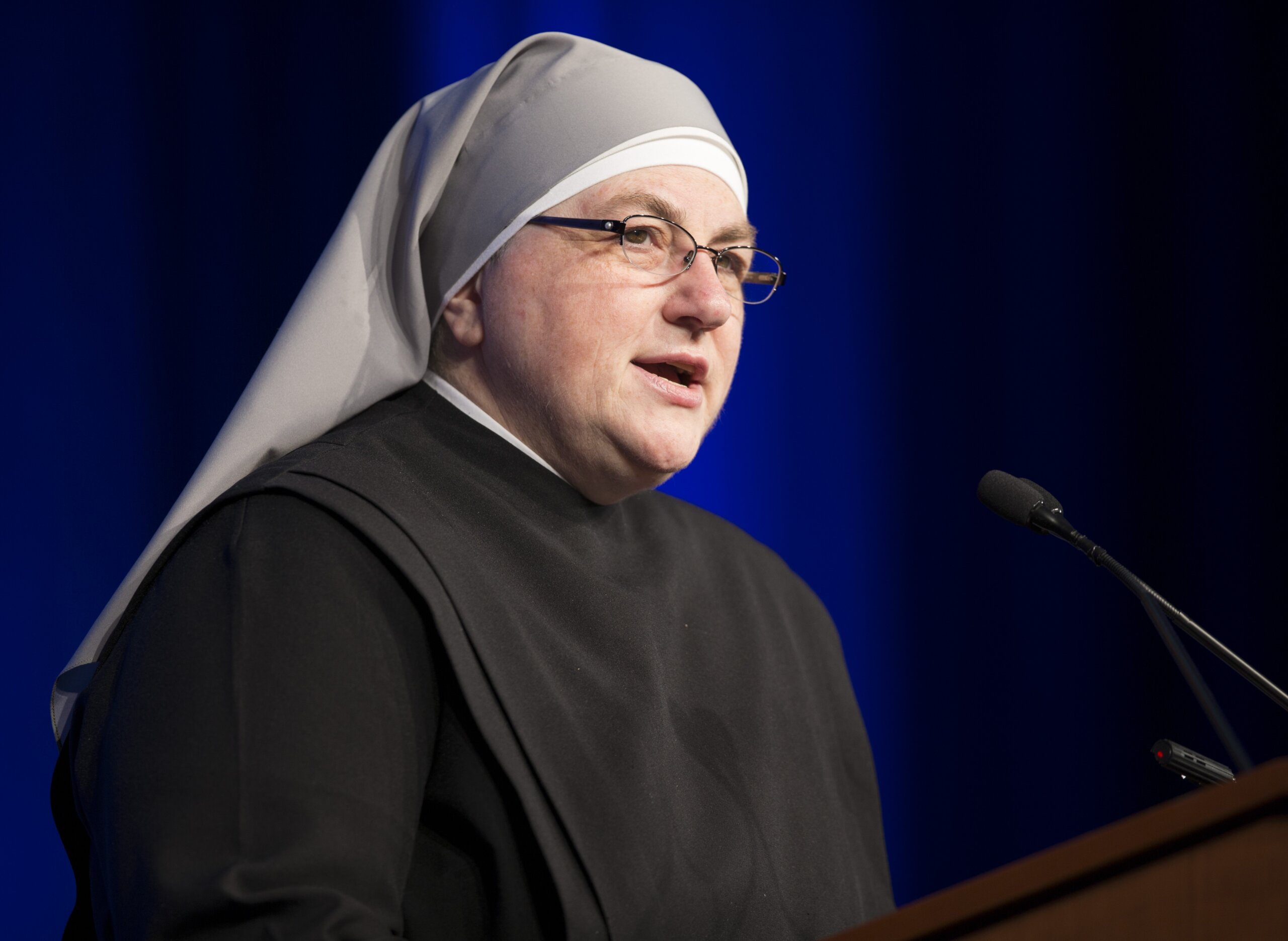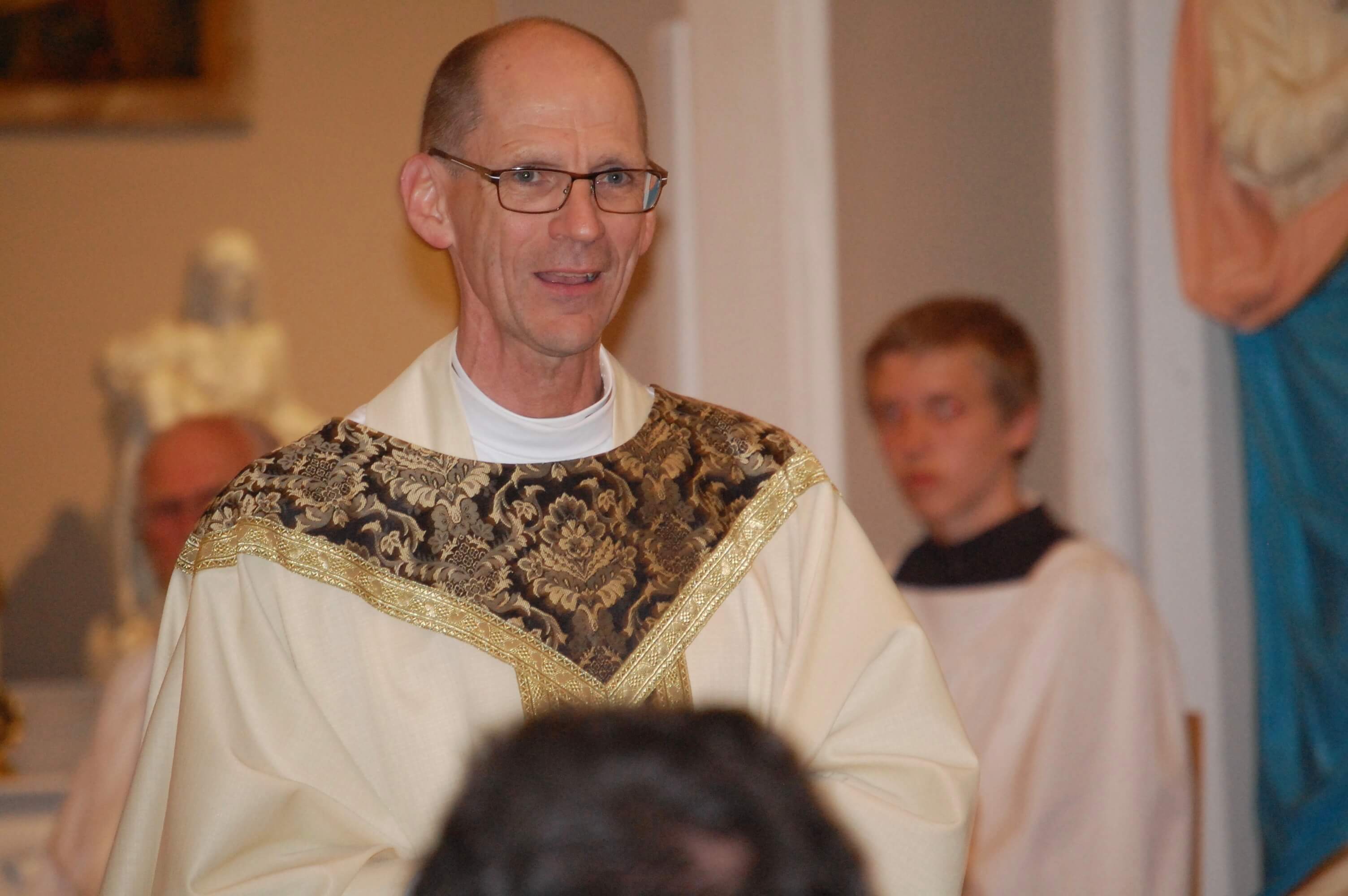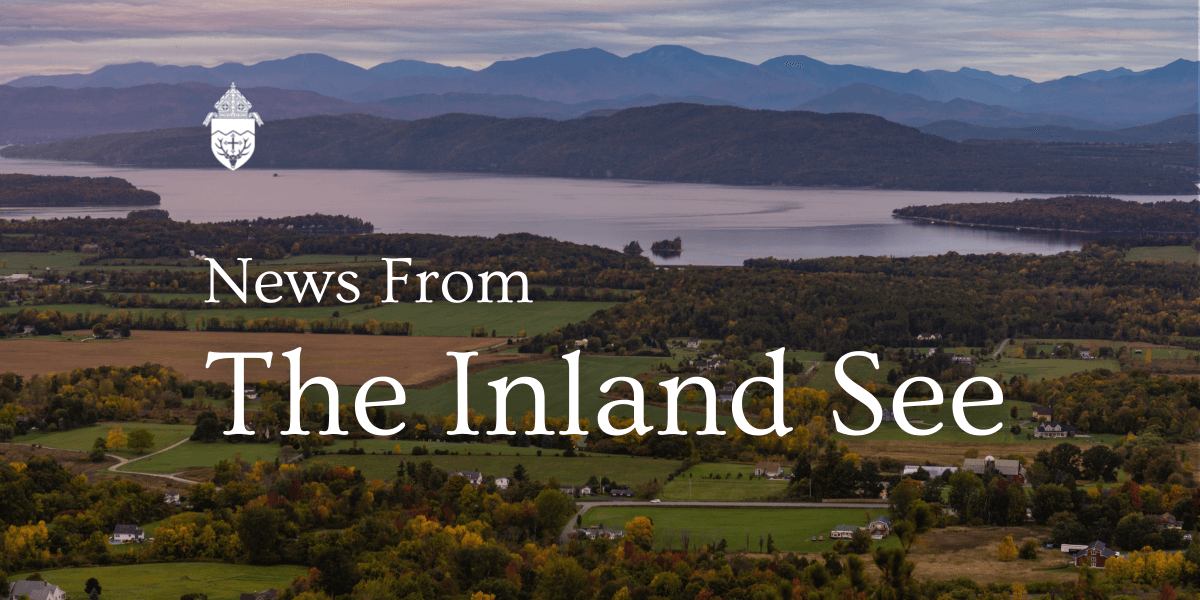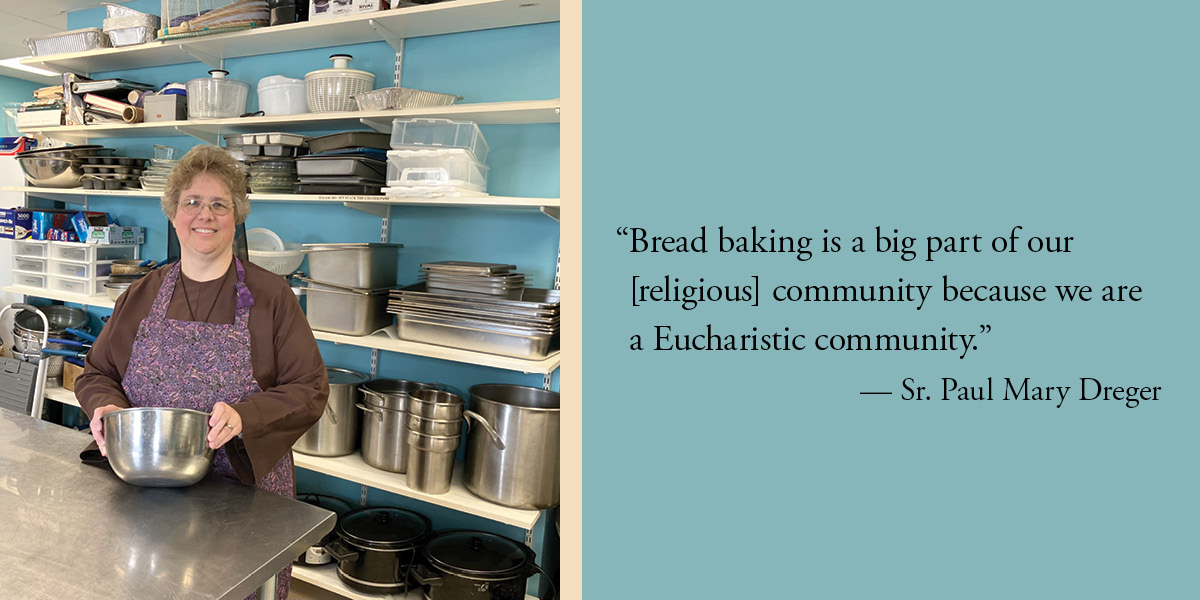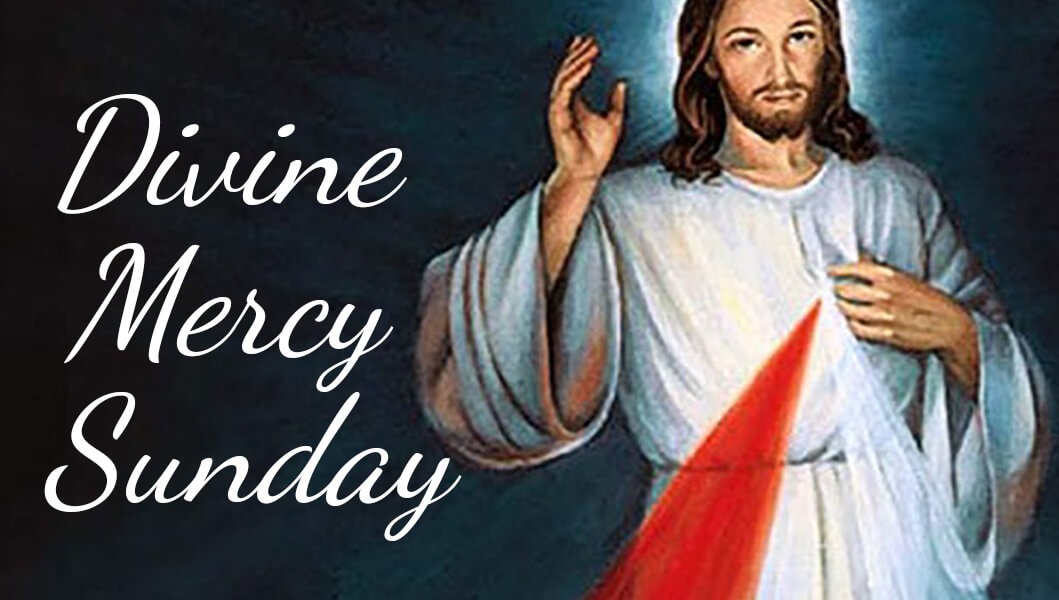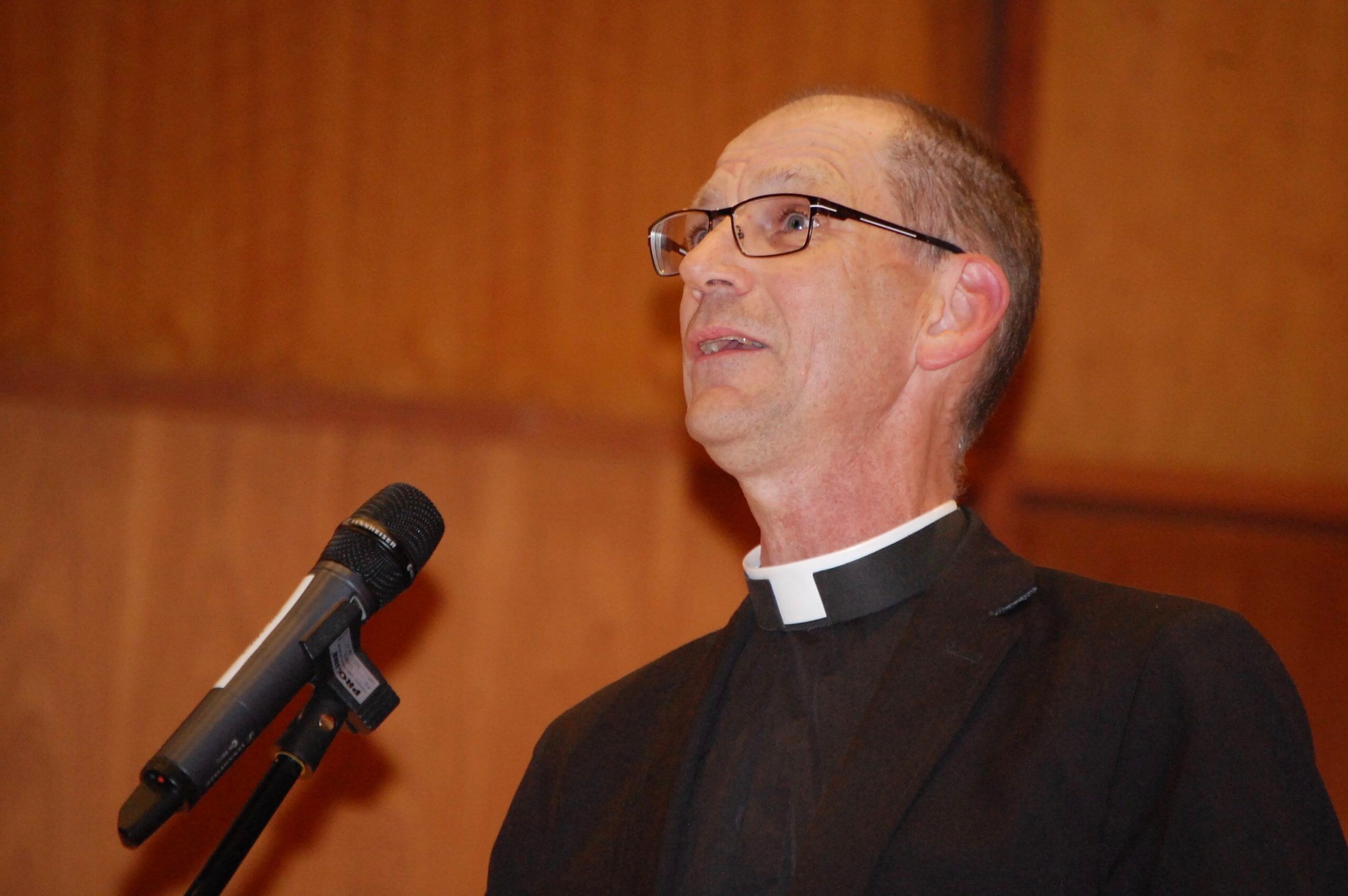
‘Infinite Dignity’
My dear sisters and brothers in Christ,
While the eclipse received most of the local attention this past week, there was another significant event that took place in Rome the same day as the eclipse. On Monday, April 8, the Dicastery for the Doctrine of the Faith, with the endorsement of Pope Francis, issued a declaration on the dignity of the human person entitled “Dignitatis Infinita” (“Infinite Dignity”).
While some media outlets highlighted sections which might be considered controversial, the document is a concise summary of the Church’s stance on the inherent value of each person — from conception to natural death — as well as a call for all people of good will to recognize current threats to this God-given dignity. I strongly encourage everyone to take the time to read this document — it is not excessively long — in order to learn for ourselves what it actually says and not rely on others to tell us what it says. At the risk of ignoring my own advice, however, I will highlight for us a few elements of great importance.
The first is the idea of the ontological dignity of each person, meaning the fundamental and most basic level of dignity. The documents states, ontological dignity is the most important kind of dignity which “belongs to the person as such simply because he or she is willed, created and loved by God. Ontological dignity is indelible and remains valid beyond any circumstances in which the person may find themselves” (n. 7). This ontological dignity can never be lost and is not dependent on any political, societal, or personal authority.
Next, in light of the revelation of Jesus Christ and our redemption purchased by His death and resurrection, “the Church believes and affirms that all human beings — created in the image and likeness of God and recreated in the Son … — are called to grow under the action of the Holy Spirit to reflect the glory of the Father in that same image and to share eternal life” (n. 21).
It is only when individuals understand these fundamental teachings based on the truths revealed by nature and revelation that the rest of the document makes clear sense. As the document emphasizes: “The Church insists that the dignity of every human person, precisely because it is intrinsic, remains ‘in all circumstances.’ The recognition of this dignity cannot be contingent upon a judgment about the person’s ability to understand and act freely; otherwise, it would not be inherent in the person, independent of the individual’s situation, and thus deserving unconditional respect. Only by recognizing an intrinsic and inalienable dignity in every human being can we guarantee a secure and inviolable foundation for that quality. Without any ontological grounding, the recognition of human dignity would vacillate at the mercy of varying and arbitrary judgments” (n. 24).
Noting these fundamental concepts, the document then highlights current threats to this infinite dignity. Among the issues are poverty, war, the plight of migrants, human trafficking, sexual abuse, violence against women, abortion, surrogacy, euthanasia and assisted suicide, the marginalization of people with disabilities, gender theory, sex change and digital violence. The document teaches that each of these areas poses a threat to the ontological dignity of each person. Each area would be a worthy topic for a lengthy class or course, so I encourage us to delve deeper into the Church’s teaching on these topics. The topics presented are not meant to be an exhaustive list, but a reminder that basic human dignity is threatened from many sides, and we must be alerted to defending human dignity always.
Let’s take the time to read, reflect, and study this and other Church documents so that we know what we believe and understand the why behind the what.
Peace in Christ,
Monsignor John J. McDermott
Diocesan Administrator

